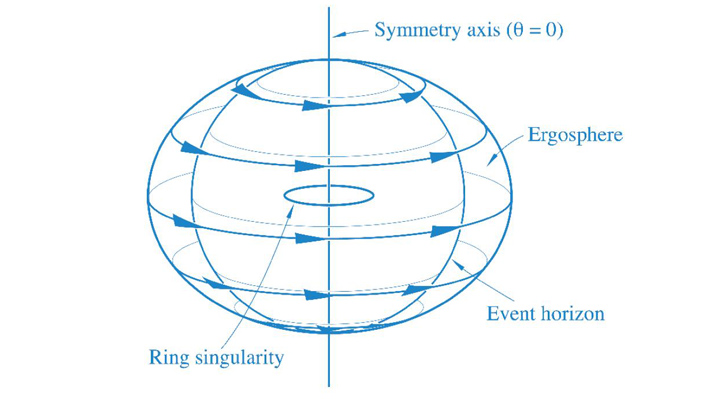Building on our pioneering work on the pivotal role of black holes and other extended objects in fundamental theories which seek to unify gravity and the strong and electroweak forces such as supergravity theory, Kaluza-Klein Theory and superstring theory, we intend to extend our study by exploring the possible solutions, and their stability (both classical and quantum mechanical), the implications for the duality properties of these fundamental theories and to make predications for present and future high energy experiments (such as at accelerators like the Large Hadron Collider or other terrestrial searches for exotic particles), and astrophysical and cosmological observations (such as Planck).

Stephen Hawking's predictions of the microscopic properties of black holes have been confirmed within the theoretical framework of string theory
Another goal is to investigate the formation of black holes during the early history of our Universe, and indeed whether our Universe can be thought of as being inside or outside a black hole or event horizon possibly made of dark energy. Black holes are some of the most exotic and mysterious objects know to physics. They are a direct consequence of Einstein's theory of curved spacetime, which is believed to be only part of a larger, more fundamental structure. Whatever that structure may be, it is certain that black holes will play a central role, offering a window on extra dimensions which may open up even greater vistas in the future. We intend to be ready for such developments by exploring the role of black holes and their testable consequences in non-conventional spacetime theories.
